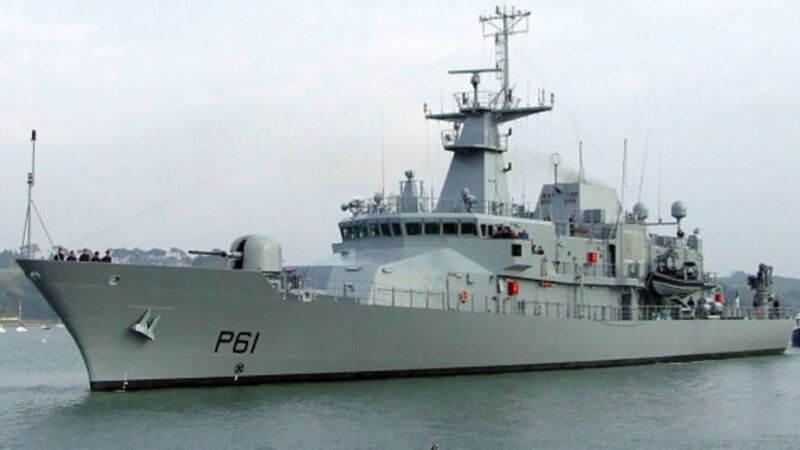Gunboat titles give me a sinking feeling

When the naming of the bridge was mooted, my reaction was “how fitting”. But looking at this ship, I could only think, “How dare we.” How dare we put Beckett’s name on the side of a patrol vessel, to be followed early next year by a sister ship, the LE James Joyce. We also have a bridge named after him, but we should draw the line at gunboats.
A bridge is a civic symbol. It is integral to a place, and so are writers. Beckett and Joyce have ennobled their own city like none other of its sons. Beckett, a Nobel laureate, is one of the supreme and most influential artists of the 20th century; Joyce remade Dublin forever in writing about it. Dublin can never be non-Joycean. It is fitting that the writers have bridges named for them.
















